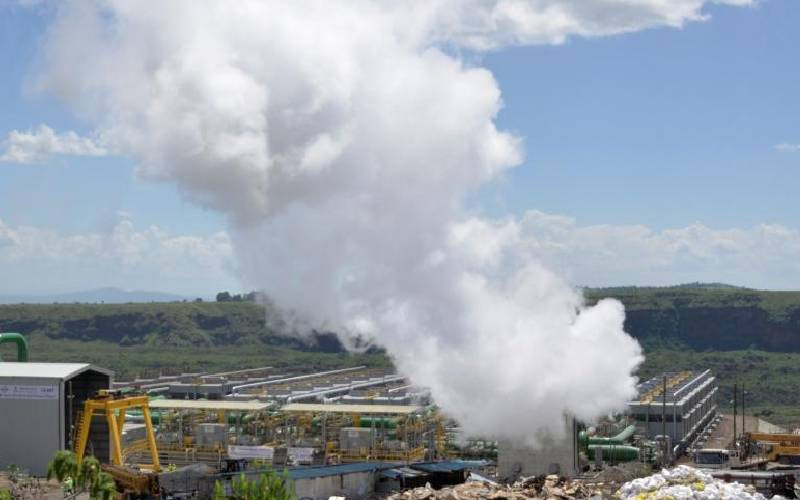×
The Standard e-Paper
Smart Minds Choose Us

The drought that hit the horn of Africa, before the rains, was sobering. Apart from acute hunger, the drought short-circuited our power generation.
Luckily, for Kenya, geothermal energy saved the day. That's the clout of geothermal - it is resilient against erratic weather patterns.